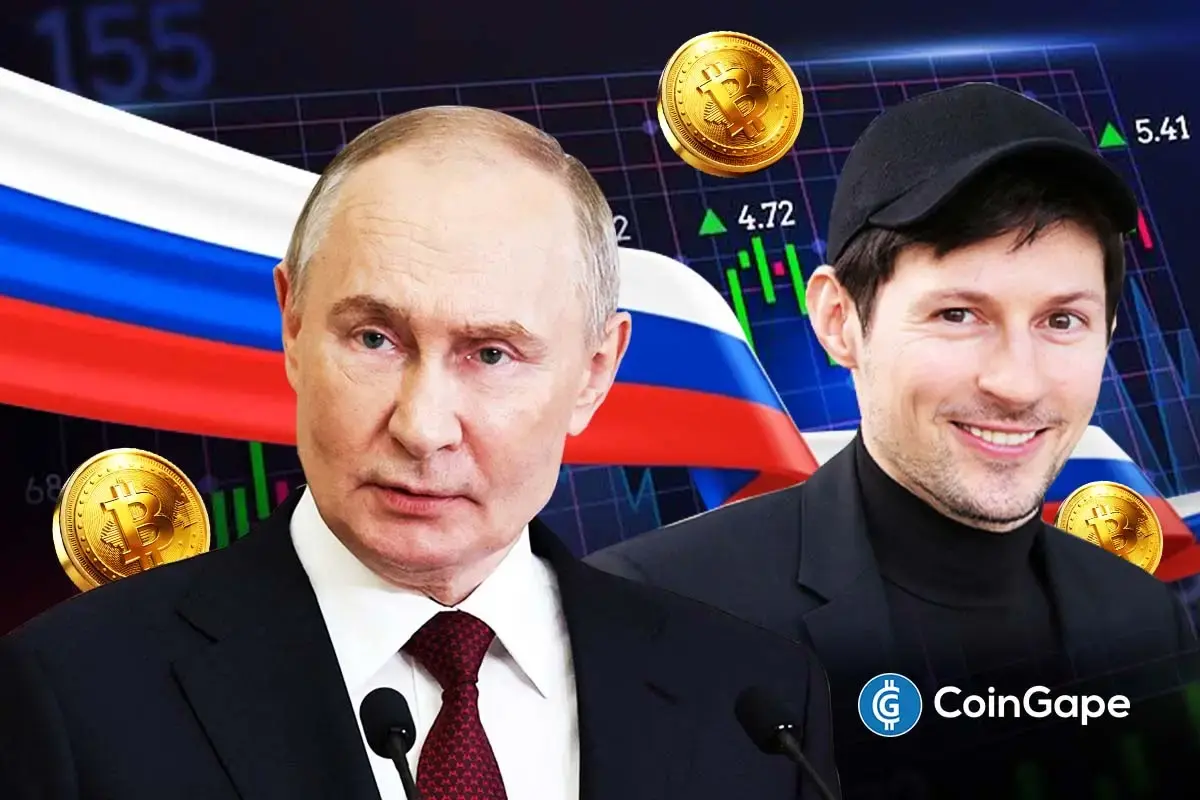US Treasury Pushes for Crypto Regulatory Framework

U.S. Treasury Assistant Secretary for Financial Institutions Graham Steele has emphasized the need for regulatory standards in the crypto sector. During an event at George Washington University Law School, Steele highlighted the opportunity for U.S. lawmakers to establish regulatory frameworks before any potential crisis in the crypto industry arises.
Drawing parallels with past financial regulations like the Dodd-Frank Act, Steele urged for similar forward-thinking measures in the burgeoning field of cryptocurrencies.
U.S. Treasury’s Role in Crypto Oversight
Last year’s executive order by President Joe Biden, focusing on the responsible development of digital assets, marked a significant step towards comprehensive crypto regulation. This directive not only emphasized consumer protection and financial stability but also addressed climate risks and national security concerns.
Steele referenced the Treasury’s responsibility under this order to produce reports on crypto, underscoring the necessity of robust enforcement of existing laws to ensure consumer and investor protection.
Steele also shed light on the practical applications of cryptocurrencies, pointing out their potential in facilitating cross-border payments, ensuring faster settlements, and providing immutable ledgers. However, he cautioned against speculative assets like Dogecoin, implying a need to distinguish between viable crypto uses and mere speculation.
Ripple CEO Echoes Regulatory Sentiments
Echoing Steele’s sentiments, Ripple CEO Brad Garlinghouse, speaking at the World Economic Forum in Davos, acknowledged the speculative nature of the crypto industry. He stressed the importance of identifying and nurturing the practical applications of crypto technologies, separating the ‘wheat from the chaff.’
FTX Fallout and Financial Stability
The discussion also touched on the recent FTX bankruptcy, illustrating the risks and vulnerabilities in the crypto market. Steele pointed out that despite these challenges, the U.S. financial stability remains largely unaffected, thanks to the cautious approach of federal banking agencies.
However, he underscored the importance of learning from past financial crises to avoid regulatory pitfalls that could lead to consumer manipulation and threats to financial stability.
Read Also: Robinhood Pays $7.5M in Settlement Over Trading Gamification
Play 10,000+ Casino Games at BC Game with Ease
- Instant Deposits And Withdrawals
- Crypto Casino And Sports Betting
- Exclusive Bonuses And Rewards

- Bitcoin Price Rebounds as Jane Street “10 am Dump” Pattern Stops Amid Lawsuit
- US OCC Proposes Rule to Implement GENIUS Act & Prohibits Stablecoin Yield
- ETHZilla Abandons Ethereum, Rebrands as Forum to Focus on RWA Tokenization
- Ripple Bets On AI Boom With Strategic Investment In AI Agent Infrastructure Startup
- Prediction Market News: Kalshi Fines MrBeast Associate Over Insider Trading Amid State Crackdown
- Dogecoin, Cardano, and Chainlink Price Prediction As Crypto Market Rebounds
- Will Solana Price Rally to $100 If Bitcoin Reclaims $72K?
- XRP Price Eye $2 Rebound as On-Chain Data Signals Massive Whale Accumulation
- Ethereum Price Reclaims $2K- New Rally Ahead or a Temporary Bounce?
- COIN Stock Price Prediction as Wall Street Pros Forecast a 62% Surge
- Cardano Price Signals Rebound as Whales Accumulate 819M ADA

 Buy Presale
Buy Presale
















